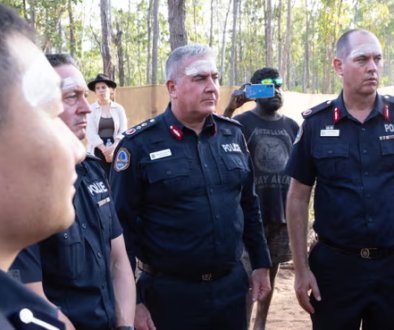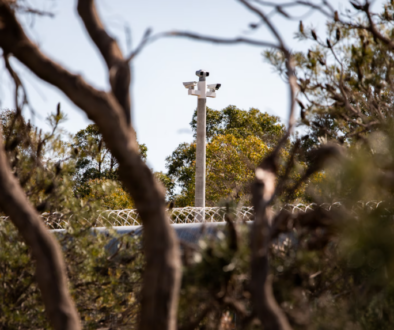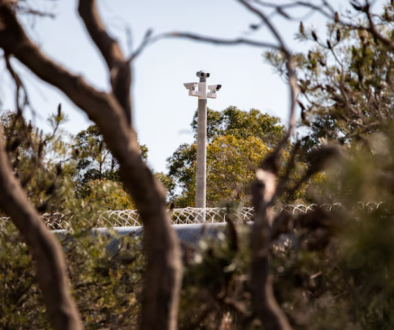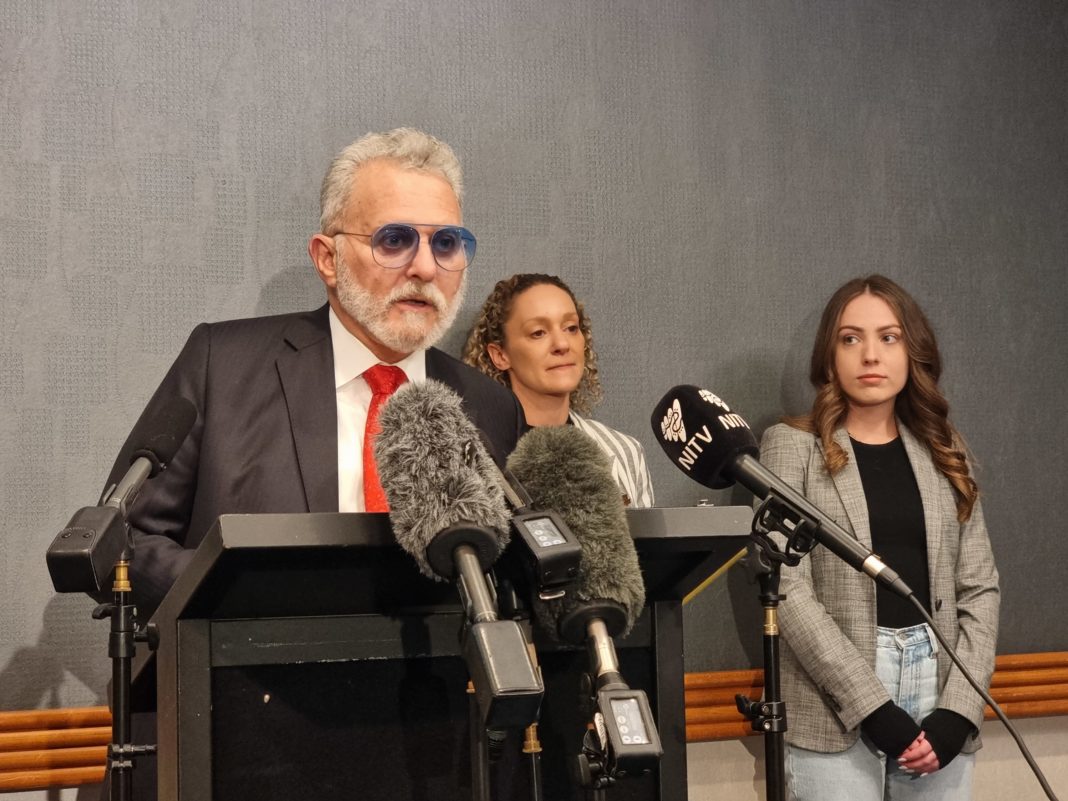
Banksia Hill class action imminent as more than 600 youth detainees raise case against WA Government Prison
More than 600 current and former Banksia Hill Detention Centre detainees will begin a class action in the Federal Court against the West Australian Government within two weeks, Levitt Robinson Solicitors announced Thursday.
Stewart Levitt said the firm has also sought an urgent injunction to prevent any further transfer of children from Banksia Hill to Casuarina Prison’s Unit 18, noting the high rate of self-harm incidents in the unit.
Levitt Robinson is representing a number of current and former detainees in a complaint to the Human Rights Commission and is awaiting a termination of the complaint, because it appeared the WA government would not pursue conciliation, to immediately commence the class action.
“The intensification of the application of cruel and unusual punishment over the weeks and months while we have been foreshadowing a class action makes it appear the WA government would be unlikely to engage in conciliation,” Mr Levitt said.
Mr Levitt said he and his colleagues were also in Perth to represent a Banksia Hill detainee who had been accused of assaulting a prison officer, but the charge had been withdrawn because security footage undermined the prosecution’s case.
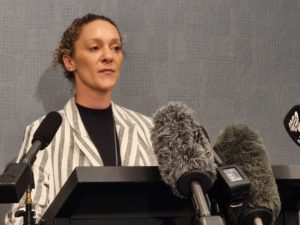
He said in a separate matter, the mother of a 14 year-old Banksia Hill detainee asked the Corrective Services to investigate when her son had a black eye and showed signs of self-harm when she visited him.
The parent said the response from the Department of Justice indicated an inquiry had been made but the outcome was confidential.
“Secrecy and the use of suppression orders and repression by the WA government is to suit their political interests… is it something which clouds the impression that WA is committed… to the concept of open justice,” Mr Levitt said.
Mr Levitt said Banksia Hill detainees were overwhelmingly Indigenous, many of whom were from the Kimberley, and many had disabilities exacerbated by their treatment in custody.
The move comes one day after the WA Government revealed it would review the WA Young Offenders Act to examine whether or not it was achieving its objectives.
Teressa Mead, whose now-20-year-old son was sent to Banksia Hill when he was 15, said he had been abused by prison guards during his time there.
“As a mother I suffered a lot to see John go through that,” she said.
“He said there were a number of officers who put him down, knee in the back, arms pinned behind him – they diagnosed him with schizophrenia.
“At Bentley hospital the showers were cold, at Banksia there were cold showers, there was cold food, because they were shouting for help they were diagnosed with mental health issues.”
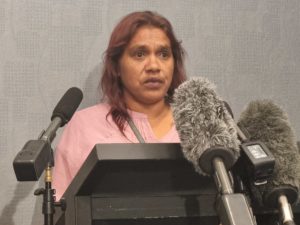
Ms Mead said her son now suffered from claustrophobia and anxiety and is on medication for his mental health.
Former Banksia Hill detainee Philip Herbert, now 27, said the prison failed to provide adequate mental health support during his stints at Banksia Hill as a teenager.
Mr Herbert said six half-hour sessions with one psychologist was the extent of the mental health care he received.
“I had anger management issues, which I understand fully now and have control over myself and my life,” he said.
“I would tell them when I was suicidal and they would not help.
“They would stick me in a cell with a foam cup, that’s all I would have.
“I spent 23 hours a day in observation, you were on concrete all day, go into the cage for an hour, and if you had been helpful you might get a phone credit.”
Mr Herbert said little support had been provided to him to reintegrate into society upon his release.
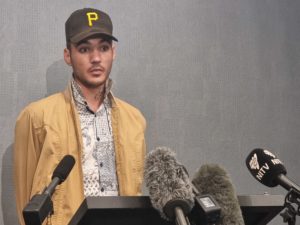
Megan Krakouer, who with Gerry Georgatos has worked to collect hundreds of testimonies for the impending class action, said nothing had changed in Banksia Hill since it opened in 1997.
“The atrocities and human rights abuse continue,” she said.
“The class action and injunction will highlight the fails and shine the light on the punitive treatment that children are being subject to.
“The WA government need to be held to account for their repeated failure to take action.”
A spokesperson for the WA Department of Justice said “As these matters appear to relate to current or proposed legal proceedings, it would not be appropriate to comment at this time”.

Banksia Hill class action imminent as more than 600 youth detainees raise case against WA Government Prison
More than 600 current and former Banksia Hill Detention Centre detainees will begin a class action in the Federal Court against the West Australian Government within two weeks, Levitt Robinson Solicitors announced Thursday.
Stewart Levitt said the firm has also sought an urgent injunction to prevent any further transfer of children from Banksia Hill to Casuarina Prison’s Unit 18, noting the high rate of self-harm incidents in the unit.
Levitt Robinson is representing a number of current and former detainees in a complaint to the Human Rights Commission and is awaiting a termination of the complaint, because it appeared the WA government would not pursue conciliation, to immediately commence the class action.
“The intensification of the application of cruel and unusual punishment over the weeks and months while we have been foreshadowing a class action makes it appear the WA government would be unlikely to engage in conciliation,” Mr Levitt said.
Mr Levitt said he and his colleagues were also in Perth to represent a Banksia Hill detainee who had been accused of assaulting a prison officer, but the charge had been withdrawn because security footage undermined the prosecution’s case.

He said in a separate matter, the mother of a 14 year-old Banksia Hill detainee asked the Corrective Services to investigate when her son had a black eye and showed signs of self-harm when she visited him.
The parent said the response from the Department of Justice indicated an inquiry had been made but the outcome was confidential.
“Secrecy and the use of suppression orders and repression by the WA government is to suit their political interests… is it something which clouds the impression that WA is committed… to the concept of open justice,” Mr Levitt said.
Mr Levitt said Banksia Hill detainees were overwhelmingly Indigenous, many of whom were from the Kimberley, and many had disabilities exacerbated by their treatment in custody.
The move comes one day after the WA Government revealed it would review the WA Young Offenders Act to examine whether or not it was achieving its objectives.
Teressa Mead, whose now-20-year-old son was sent to Banksia Hill when he was 15, said he had been abused by prison guards during his time there.
“As a mother I suffered a lot to see John go through that,” she said.
“He said there were a number of officers who put him down, knee in the back, arms pinned behind him – they diagnosed him with schizophrenia.
“At Bentley hospital the showers were cold, at Banksia there were cold showers, there was cold food, because they were shouting for help they were diagnosed with mental health issues.”

Ms Mead said her son now suffered from claustrophobia and anxiety and is on medication for his mental health.
Former Banksia Hill detainee Philip Herbert, now 27, said the prison failed to provide adequate mental health support during his stints at Banksia Hill as a teenager.
Mr Herbert said six half-hour sessions with one psychologist was the extent of the mental health care he received.
“I had anger management issues, which I understand fully now and have control over myself and my life,” he said.
“I would tell them when I was suicidal and they would not help.
“They would stick me in a cell with a foam cup, that’s all I would have.
“I spent 23 hours a day in observation, you were on concrete all day, go into the cage for an hour, and if you had been helpful you might get a phone credit.”
Mr Herbert said little support had been provided to him to reintegrate into society upon his release.

Megan Krakouer, who with Gerry Georgatos has worked to collect hundreds of testimonies for the impending class action, said nothing had changed in Banksia Hill since it opened in 1997.
“The atrocities and human rights abuse continue,” she said.
“The class action and injunction will highlight the fails and shine the light on the punitive treatment that children are being subject to.
“The WA government need to be held to account for their repeated failure to take action.”
A spokesperson for the WA Department of Justice said “As these matters appear to relate to current or proposed legal proceedings, it would not be appropriate to comment at this time”.

